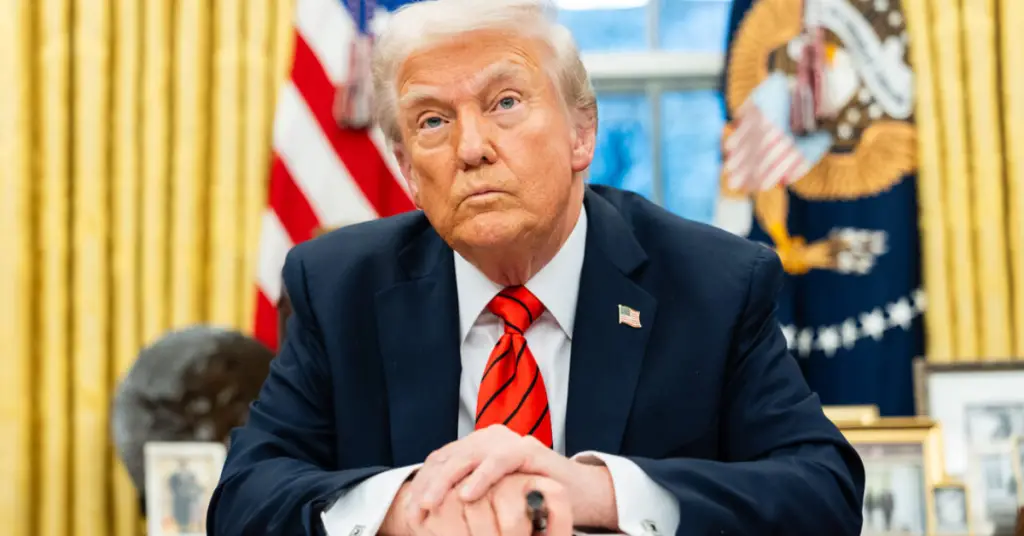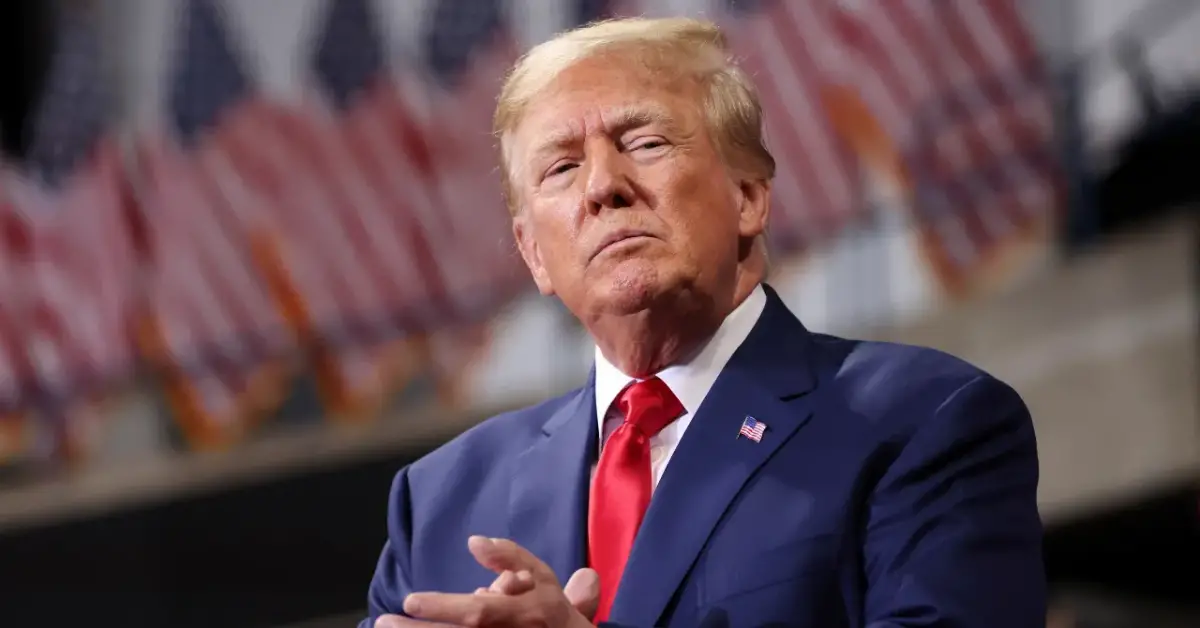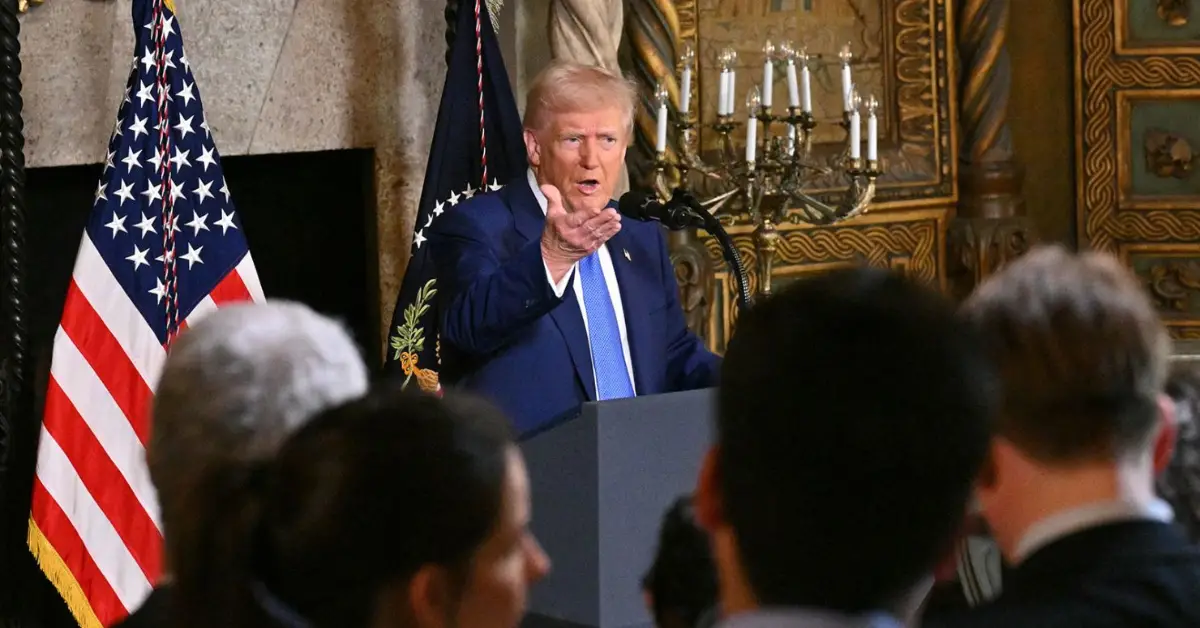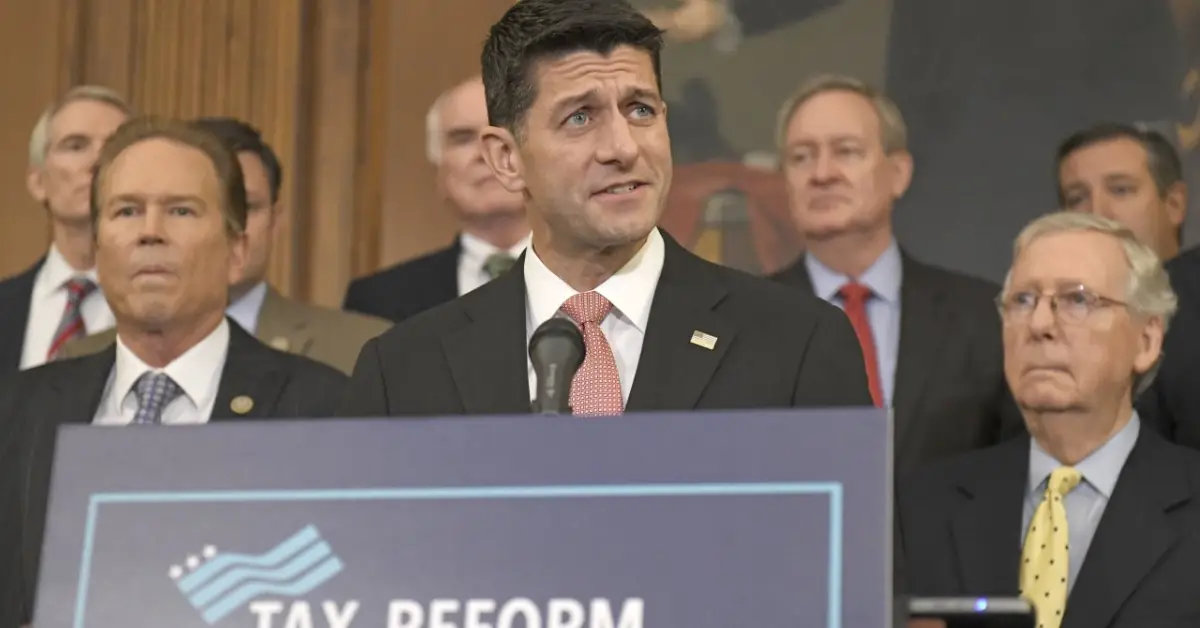As President Donald Trump approaches the 2024 election, his promises to quickly resolve major global conflicts are facing mounting criticism and challenges. According to a report by Axios, both domestic and international patience is running thin with Trump’s approach to foreign policy, particularly his bold claims that he could resolve conflicts in record time.
His high expectations for quick solutions to some of the world’s most pressing issues have clashed with the realities of diplomacy and international negotiations. Trump’s supporters and critics alike are now questioning his ability to deliver on these ambitious promises.
During his 2024 campaign, Trump vowed to resolve major geopolitical conflicts rapidly, a key part of his “America First” foreign policy. One of his most eye-catching promises was to end the ongoing Russia-Ukraine war in just one day if he returned to office. His confidence in being able to bring an immediate resolution to the war was widely discussed during his campaign speeches. However, reality has shown a different story.
While Trump did succeed in bringing both Russia and Ukraine to the negotiating table, where they agreed to halt bombing each other’s energy infrastructure, the promise of a quick peace deal has not materialized.
Russian President Vladimir Putin, despite agreeing to this temporary ceasefire, has expressed doubts about the possibility of a comprehensive peace agreement any time soon. The situation remains tense, with no clear path forward for a lasting resolution to the conflict. This delay in peace efforts has raised questions about whether Trump’s diplomatic promises were overly optimistic.
The Russia-Ukraine situation is not the only example of Trump’s foreign policy ambitions falling short. The ongoing Israeli-Palestinian conflict, which has seen decades of violence and failed peace efforts, was another area where Trump promised swift action.
He had proposed a plan to end the violence, but the temporary ceasefire between Hamas and Israel that he helped broker has now collapsed. Israel has resumed its airstrikes on Gaza, and the violence continues unabated. The failure to bring an end to this long-standing conflict is another blow to Trump’s foreign policy credibility.
What has further compounded the situation is the controversial nature of some of Trump’s proposed solutions. One of the most contentious aspects of his plan was his suggestion to ethnically cleanse Palestinians from the region, a move that sparked outrage from both domestic and international communities. Critics have condemned this idea as not only unrealistic but also morally indefensible, and it has further alienated key allies and supporters of his administration.
In addition to these high-profile foreign policy issues, Trump’s efforts to renegotiate the Iran nuclear deal have also faced significant setbacks. After withdrawing from the agreement during his first term, Trump had vowed to bring the Iranian government back to the negotiation table for a better deal.

However, Iran has shown little interest in revisiting the agreement, and despite Trump’s continued pressure, there has been no breakthrough in negotiations. This lack of progress has left many questioning whether Trump’s “maximum pressure” campaign is effective or simply an exercise in political posturing.
Another area where Trump’s promises have fallen flat is his proposal to purchase Greenland. At one point during his presidency, Trump made headlines by suggesting the United States buy Greenland from Denmark, a proposal that many viewed as bizarre and unrealistic.
Despite his insistence on making Greenland a part of the United States, the island nation has firmly rejected any such discussions. This further illustrates the gap between Trump’s campaign promises and the practicalities of international diplomacy.
Perhaps the most significant concern regarding Trump’s foreign policy is the ongoing uncertainty surrounding his trade policies. One of his central promises during his first term was to renegotiate trade deals, particularly with China, in an effort to bring jobs back to the United States.
The trade war with China was meant to shift global trade in favor of the U.S., but instead, it has led to strained relationships with major global economies. American businesses have been caught in the crossfire, facing tariffs and market disruptions, and many have yet to see the promised benefits of these policies. The long-term effects of Trump’s trade strategies remain uncertain, but they have caused instability in international markets, raising concerns about the sustainability of these policies.
These foreign policy setbacks have led to growing frustration with Trump’s leadership, both at home and abroad. His supporters, who initially rallied behind his promise to “drain the swamp” and restore American power on the world stage, are increasingly disappointed by the lack of significant progress in his foreign policy initiatives. Critics argue that Trump’s aggressive and unpredictable approach to international relations has alienated allies and damaged America’s reputation as a global leader.
At the same time, Trump’s failure to fulfill key promises has raised questions about his ability to manage the complex realities of international diplomacy. The expectation that a single individual could solve issues like the Russia-Ukraine war or the Israeli-Palestinian conflict in a matter of days now seems unrealistic. These are problems that have eluded resolution for decades, and Trump’s inability to make tangible progress has left many wondering if his approach was ever practical.
As the 2024 election approaches, the foreign policy setbacks could become a key issue for voters. Trump’s critics will likely use his inability to deliver on major promises as a talking point, questioning whether he is the right leader to handle the challenges of the modern world. On the other hand, Trump may continue to present himself as the only candidate capable of shaking up the status quo and solving these problems in ways that traditional politicians cannot.
In conclusion, the “thinning patience” with Trump’s approach to global diplomacy highlights a key challenge for his 2024 campaign. His bold promises to resolve major conflicts quickly have not been realized, leading to growing skepticism about his ability to deliver on his foreign policy agenda.
As the election season heats up, Trump will need to address these foreign policy failures and prove to voters that he can still be the deal-maker he claims to be, despite the setbacks his administration has faced.
Disclaimer: This article has been meticulously fact-checked by our team to ensure accuracy and uphold transparency. We strive to deliver trustworthy and dependable content to our readers.




